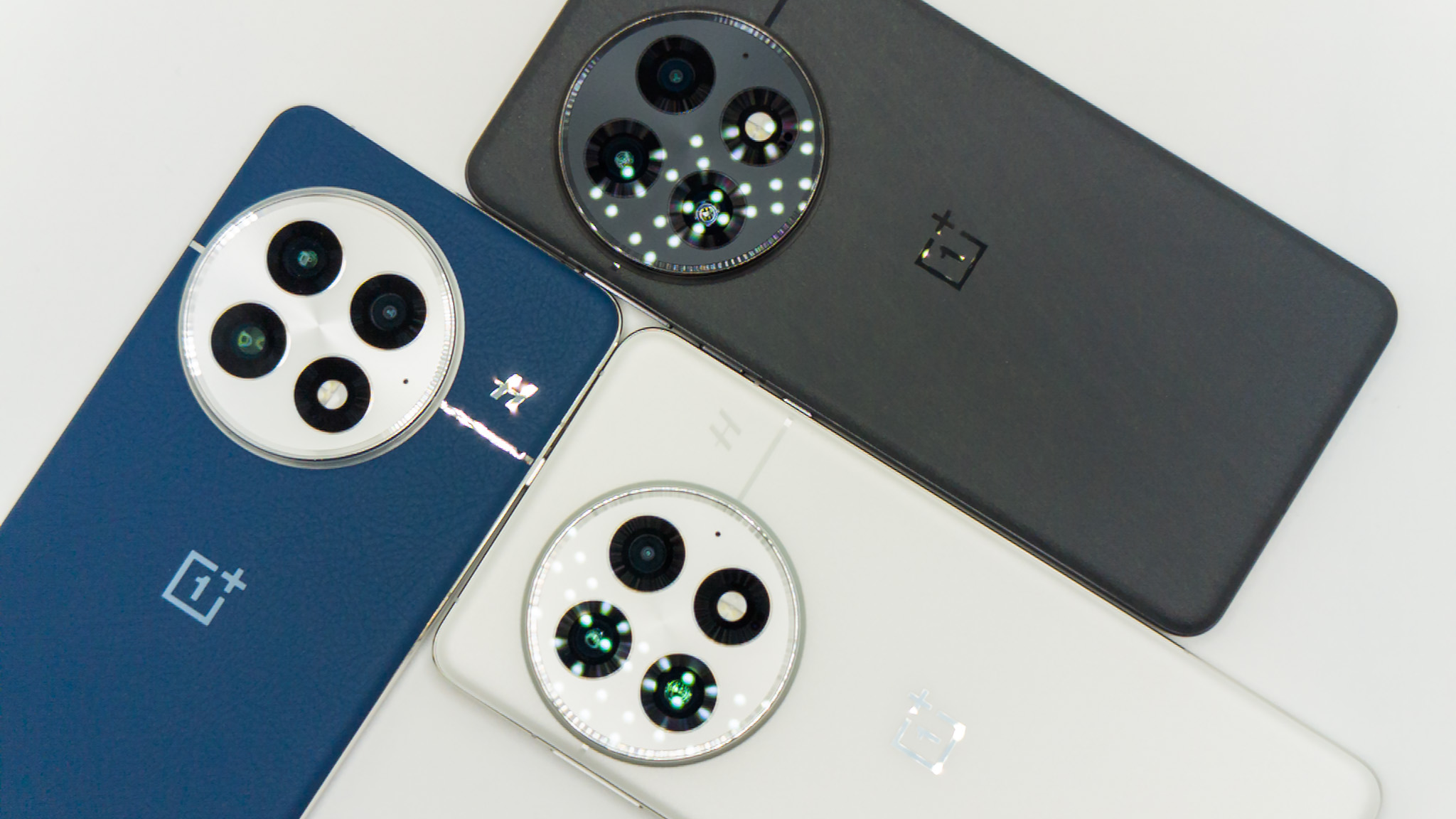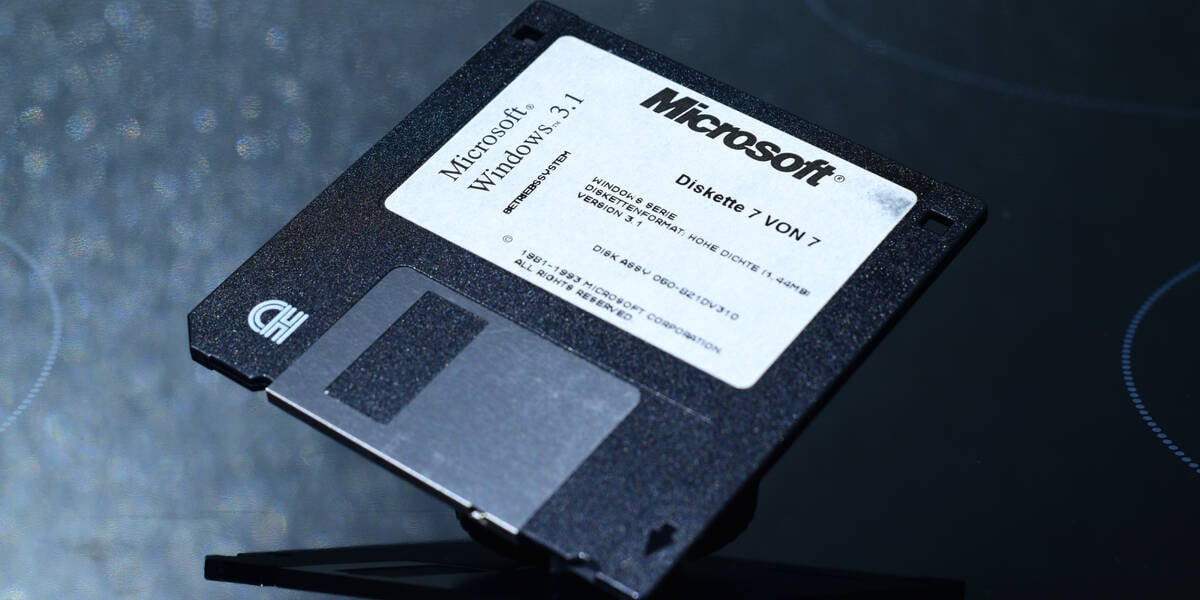Mastering Machine Learning :Why One-Hot Encode Data in Machine Learning?
Understanding Categorical Data Categorical data refers to information divided into specific groups or categories. For instance, when an organization collects biodata of its employees, the resulting data is categorized based on variables such as gender, state of residence, or department. This type of data is called categorical because it can be grouped by these shared attributes. Examples of Categorical Data: A “pet” variable with values: dog, cat. A “color” variable with values: red, green, blue. A “place” variable with values: first, second, third. Categorical data must often be converted into numerical data to be utilized effectively in machine learning models. Two common methods to achieve this are: Integer Encoding One-Hot Encoding What Is One-Hot Encoding? One-hot encoding is a method of converting categorical variables into a numerical form that machine learning algorithms can process. It transforms each category value into a new binary column. Each binary column represents one category, with a value of 1 indicating the presence of the category and 0 indicating its absence. Why Use One-Hot Encoding? One-hot encoding is crucial because most machine learning algorithms cannot work with categorical data directly. Algorithms require numerical input to compute distances, probabilities, and patterns effectively. Here’s why one-hot encoding is often preferred: ** Prevents Misinterpretation:** a. Unlike integer encoding, one-hot encoding prevents algorithms from interpreting category values as having a numerical hierarchy or relationship. For example, it avoids assuming that a “category 3” is greater than a “category 1.” Ensures Data Compatibility: a.Many machine learning models like logistic regression, neural networks, and decision trees perform better with one-hot encoded data. Widely Supported: a.Libraries such as scikit-learn (“sklearn”) provide robust support for implementing one-hot encoding efficiently. How to Apply One-Hot Encoding? In Python, one-hot encoding can be implemented using libraries like pandas or scikit-learn. Below is an example using pandas: Python Code Example: ` import pandas as pd Sample dataset data = { 'Bike': ['KTM', 'Ninza', 'Suzuki'], 'Price': [100, 200, 300] }# Create a DataFrame df = pd.DataFrame(data)# Apply one-hot encoding df_encoded = pd.get_dummies(df, columns=['Bike'])print(df_encoded)` Conclusion One-hot encoding is a critical step in data preprocessing for machine learning. By converting categorical data into binary columns, it ensures algorithms can interpret and process the data correctly. Whether you’re working with simple datasets or advanced models, mastering one-hot encoding will significantly enhance your ability to work effectively with categorical data. Would you like assistance with implementing one-hot encoding in your machine learning project? Let us know in the comments below! *check out similar blog * https://medium.com/@mishra.oct786/mastering-machine-learning-outlier-detection-for-machine-learning-abdb45b0372a https://www.orientalguru.co.in/myArticles/what-is-the-full-form-of-yarn https://www.developerindian.com/articles/understanding-decision-trees-for-regression-step-by-step-explanation https://www.developerindian.com/articles/outlier-detection-for-machine-learning-a-comprehensive-guide

Understanding Categorical Data
Categorical data refers to information divided into specific groups or categories. For instance, when an organization collects biodata of its employees, the resulting data is categorized based on variables such as gender, state of residence, or department. This type of data is called categorical because it can be grouped by these shared attributes.
Examples of Categorical Data:
- A “pet” variable with values: dog, cat.
- A “color” variable with values: red, green, blue.
- A “place” variable with values: first, second, third.
Categorical data must often be converted into numerical data to be utilized effectively in machine learning models. Two common methods to achieve this are:
- Integer Encoding
- One-Hot Encoding
What Is One-Hot Encoding?
One-hot encoding is a method of converting categorical variables into a numerical form that machine learning algorithms can process. It transforms each category value into a new binary column. Each binary column represents one category, with a value of 1 indicating the presence of the category and 0 indicating its absence.
Why Use One-Hot Encoding?
One-hot encoding is crucial because most machine learning algorithms cannot work with categorical data directly. Algorithms require numerical input to compute distances, probabilities, and patterns effectively. Here’s why one-hot encoding is often preferred:
** Prevents Misinterpretation:**
- a. Unlike integer encoding, one-hot encoding prevents algorithms from interpreting category values as having a numerical hierarchy or relationship. For example, it avoids assuming that a “category 3” is greater than a “category 1.”
- Ensures Data Compatibility: a.Many machine learning models like logistic regression, neural networks, and decision trees perform better with one-hot encoded data.
- Widely Supported: a.Libraries such as scikit-learn (“sklearn”) provide robust support for implementing one-hot encoding efficiently.
How to Apply One-Hot Encoding?
In Python, one-hot encoding can be implemented using libraries like pandas or scikit-learn. Below is an example using pandas:
Python Code Example:
`
import pandas as pd
Sample dataset
data = {
'Bike': ['KTM', 'Ninza', 'Suzuki'],
'Price': [100, 200, 300]
}# Create a DataFrame
df = pd.DataFrame(data)# Apply one-hot encoding
df_encoded = pd.get_dummies(df, columns=['Bike'])print(df_encoded)`
Conclusion
One-hot encoding is a critical step in data preprocessing for machine learning. By converting categorical data into binary columns, it ensures algorithms can interpret and process the data correctly. Whether you’re working with simple datasets or advanced models, mastering one-hot encoding will significantly enhance your ability to work effectively with categorical data.
Would you like assistance with implementing one-hot encoding in your machine learning project? Let us know in the comments below!
*check out similar blog *
https://medium.com/@mishra.oct786/mastering-machine-learning-outlier-detection-for-machine-learning-abdb45b0372a
https://www.orientalguru.co.in/myArticles/what-is-the-full-form-of-yarn
https://www.developerindian.com/articles/understanding-decision-trees-for-regression-step-by-step-explanation





















